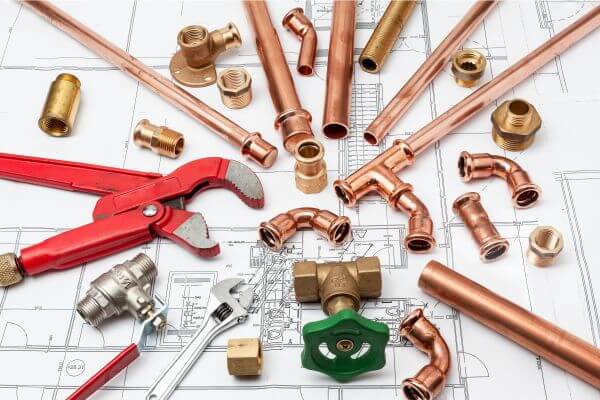Gas leak detection is essential because leaks can not only make you pay more in energy bills but also pose a few health risks. Large gas leaks are immediately apparent because of the smell, but smaller leaks can continue unnoticed for weeks. Smaller leaks contribute to indoor air pollution and can be dangerous to your health.
The adverse effects of overexposure to leaking gas include vomiting, headaches, and respiratory problems. If you do have a leak, you need to get it sorted immediately. To ensure safety, you should have your home inspected every six months to check for gas leaks. You can also conduct regular examinations yourself to know if there is a gas leak.
Signs of a gas leak
Regardless of where your gas lines are located, underground or above ground, they can corrode or decline with time. You can only identify a gas leak if you know what to look for. Here are a few methods and signs to identify a gas leak:
Check for dead plants
It is harder to detect underground gas leaks, but if you find dead or dying plants close to the gas line, it means there is a gas leak. Yes, plants can wither for different reasons, but if the reason is not apparent, you should suspect a leak. Excessive natural gas inhibits the plant’s source of oxygen, and vegetables and fruits may be discolored if exposed to natural gas.
Rotten egg smell
Natural gas is typically odorless. However, for safety reasons, utility companies add a component called mercaptan to it to give the gas a smell that is noticeable. This smell is like that of sulfur or rotten eggs. If you can perceive the smell, you probably have a gas leak.
Hissing sound
If you can hear hissing sounds from your gas lines, you are dealing with a significant leak. Ignoring this sound can cause serious damage to your property and even you, which is why calling for gas line repair is vital.
Small bubbles
The bubble test is a straightforward and easy gas leak detection method. It is effective for anything containing pressurized gas, such as tubes, tires, and propane tanks. Here is how to perform the test:
Mix a small quantity of dishwashing soap in a big water bucket. Ensure the gas is turned on. Dip a cloth or sponge into the water bucket and wipe around the areas you suspect there might be a leak. If you can see bubbles forming, then there is a leak.
White mist or fog
If you notice abnormal clouds of mist or fog around your home, you could be dealing with a ruptured gas line. You need to contact the appropriate local authorities or a gas line repair company immediately.
Finally, if your gas bills are higher than usual
Sometimes leaks are completely out of sight and continue silently. This may get you a higher gas bill than usual. Once you notice this, you should not attempt gas leak detection; instead, contact a repair company.
Request an appointment here: https://www.bevillstexas.com or call Bevills Plumbing, Heating & Air Conditioning at (325) 225-4115 for an appointment in our Abilene office.


